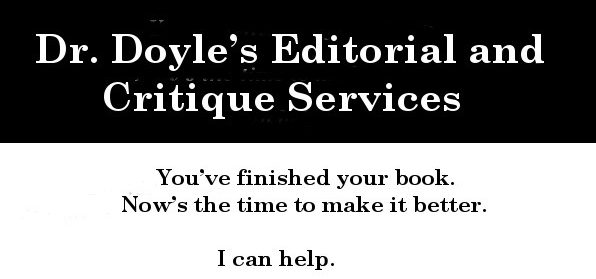Sometimes, in the course of writing a short story or a novel, you come up to a scene that’s going to be . . . difficult. You know going in that it’s going to be tough to write, because it means dealing with subject matter that makes you uncomfortable, or that could make at least some of your potential readers uncomfortable, or both. It may touch on sex or violence or both, because as humans we tend to be kind of screwed up where those subjects are concerned, and especially screwed up at points where they intersect.†
At this point in the writing process, it’s usually a good idea to stop and ask yourself, “Do I really need to go there?”
Not “want” — we’ve already established that you don’t necessarily want to do any such thing. You know that it’s going to be hard work, that it’s not going to make you happy while you’re doing it, and that there’s a good chance that at least some of your readers are going to be upset with you afterward. So — not want, but need. Is this the scene that’s going to best serve the long-term goals of your story? Is its inclusion necessary to the truth — moral, thematic, artistic — of your story? Can an equivalent but less disturbing scene serve the same purpose in your story, or would making such a substitution be tantamount to lying to your readers?
Some of the time, the answer is going to be “No, I don’t really need to go there.” It’s entirely possible that what at first plot-outline thought seemed necessary is actually a hackneyed trope and the easy way out. (Gratuitous rape scenes, I’m looking at you hard with a cold and fishy eye. Common decency aside, gratuitous rape has been used so many times to provide characters with dark and troubled pasts, or motivate them to roaring rampages of revenge, that its inclusion in a narrative these days serves mostly as an indicator that the author couldn’t be bothered to think of anything original.)
Other times, however, you’re going to look at your story and ask it that question, and the story is going to look back at you and say, “Yes. You need to do this.”
At that point, the thing to remember is: Don’t flinch.
If you’ve made up your mind to go there — wherever “there” is for this story — step forward without hesitation. Don’t walk around things you don’t want to look at, don’t keep your hands away from things you don’t want to touch. Whatever you do, don’t worry about what your mother, your significant other, or the nice people in your writing group are going to think about you because you wrote this. Think about your readers, who will always be able to tell when you’re dodging the issue, and keep yourself honest for them.
Nobody ever said that writing was a job for the timid.
†It could involve almost anything, though. There’s no telling what a given person may find unpleasant or disturbing.


I remember reading a specific scene in The Girl with the Dragon Tattoo that I thought went overboard and became one of those rape scenes you mentioned. The detail was too much for me to stomach; I could never read anything else by that author. But maybe this sensibility is why I read more YA and speculative fiction…
Sometimes it’s watching your character do something you didn’t want to think he was capable of… “Oh, he’s a nice guy, he’d never steer a mostly-willing-but-apprehensive girl into having sex.”
Well…
I remember writing a scene that was so disturbing that I stayed on IM with another, more experienced writer friend talking me through my nerves, and I felt like I needed to take a shower afterwards. And yet there was nothing graphic about it — nothing more than a touch on the arm. Nor was there anything explicit in their conversation. It was all about the implications, which were painfully obvious to an outside reader. I’m pretty sure the story needed me to go there.
Then there was the scene I dragged my heels over forweeks, written from the point of view of a child trying to find a seat in a potentially hostile group of other children. I absolutely needed to go there, but writing it was awful, because “write what you know” doesn’t just mean the fun stuff.
A reader said that scene was so true it made her teeth hurt. I’m glad I went there.